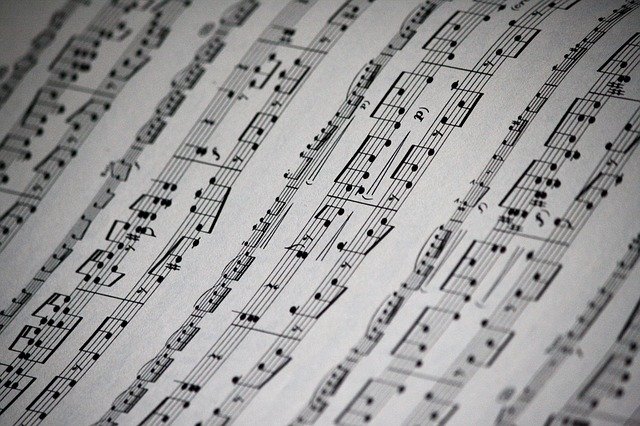
Previous research has shown that listening to K448 is associated with less frequent spikes of epilepsy-associated electrical activity in the brain in people with epilepsy. However, the impact of music duration on this association and the reasons for it have been unclear.
Robert Quon and colleagues used electroencephalogram (EEG) to measure electrical activity in the brains of 16 adults with medication-resistant epilepsy as they listened to a series of either 15 or 90 second music clips, including K448. The authors found that listening to between 30 and 90 seconds of K448, but not the other music clips, was associated with a 66.5% average reduction in the number of epilepsy-associated electrical activity spikes throughout the brain. These reductions were found to be greatest in the brain's left and right frontal cortices, parts of the brain involved in regulating emotional responses.
Read more...







